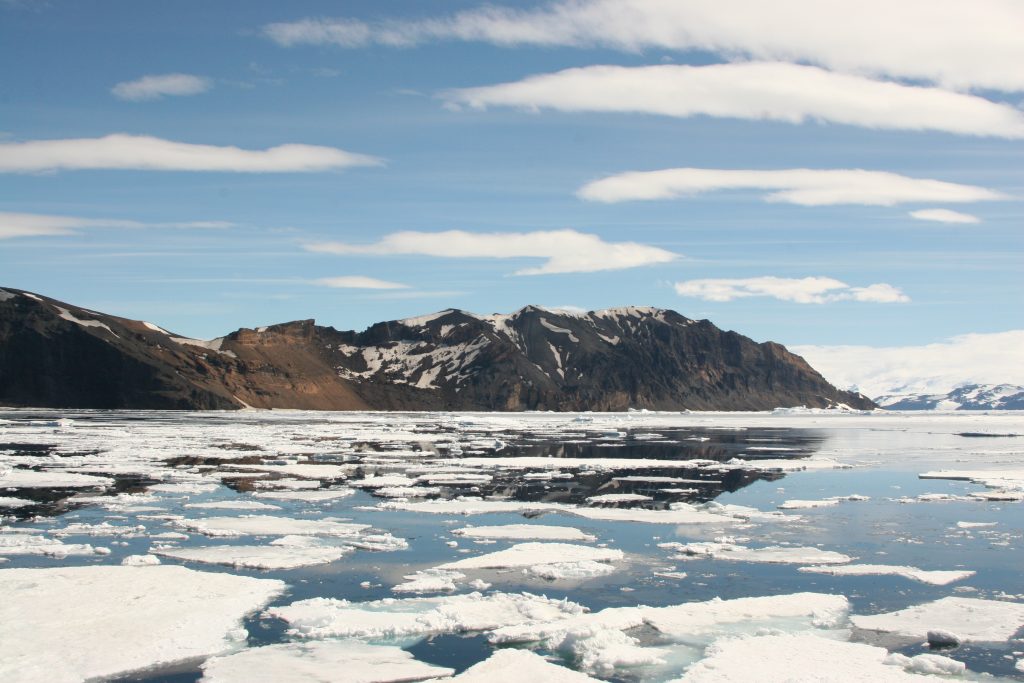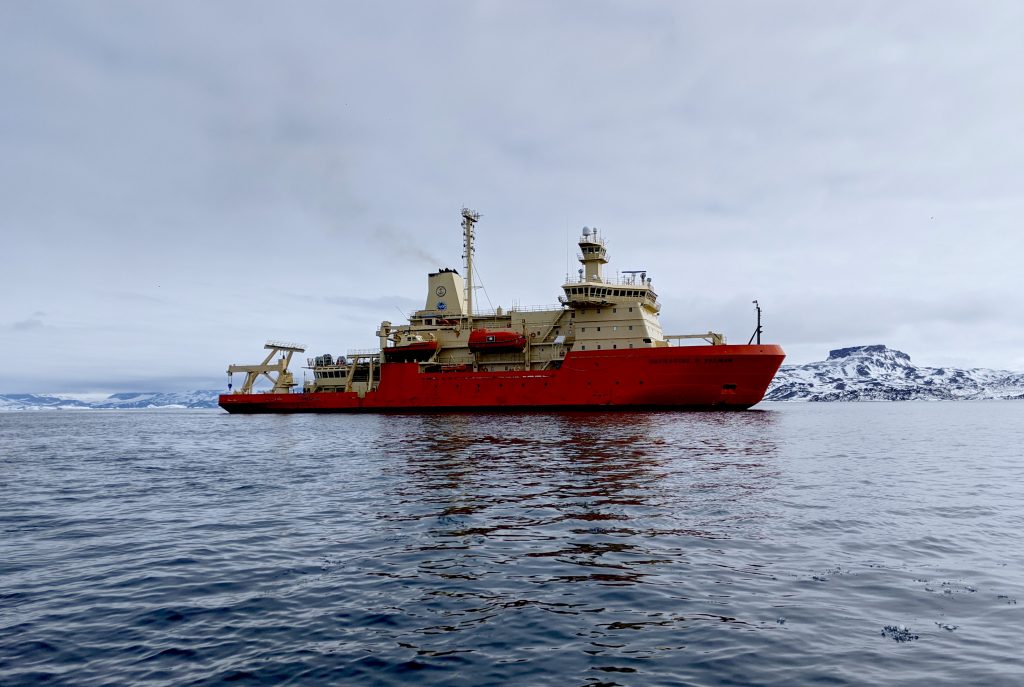Desktop News | March 2023

A team of scientists from the Kocot lab in the Department of Biological Sciences at The University of Alabama will be embarking on an exciting journey to the Eastern Antarctic from March 7 – May 4, 2023. The expedition, funded by the National Science Foundation, is aimed at documenting and describing the region’s invertebrate animal biodiversity and studying their evolutionary history.
“Most of the participants on this cruise are students or postdocs and for most, this is their first time to Antarctica,” said the team lead, Dr. Kevin Kocot. “My hope is that this will be a formative experience for this awesome group of early-career scientists and fuel a passion for discovering and protecting even the tiniest of creatures.”
The Antarctic continental shelf is one of the most remote and understudied marine ecosystems on Earth. Despite several expeditions to the region, it is estimated that most invertebrates in the Southern Ocean are still unknown to science. The team led by Dr. Kocot will be collecting specimens, which will be deposited into the Alabama Museum of Natural History Invertebrate Zoology Collection upon their return to Tuscaloosa. The specimens will be used for research purposes at UA and will also be available for loan to researchers at other institutions worldwide.
“The deep sea is one of the least known habitats on Earth, the Eastern Antarctic is one of the least explored regions on Earth, and microscopic animals (meiofauna) are the most understudied animals on Earth,” said Kocot. “We’re gearing up to study deep sea meiofauna off Eastern Antarctica. I often get asked if I have ever found a ‘new’ species. Here, I will be surprised if most of the meiofauna species we find aren’t new to science.”
In addition to discovering and documenting biodiversity, the team will be reconstructing the unique evolutionary history of Antarctic taxa. They will also investigate how certain polar invertebrates have adapted to the icy waters they call home by comparing their genomes to those of their temperate relatives using cutting-edge approaches.
“One of the main goals of this project is to train the next generation of taxonomists who integrate ‘old-school’ techniques like light and electron microscopy with cutting-edge techniques like high-throughput DNA sequencing to accelerate the rate at which we document and describe biodiversity,” said Kocot.

The team will be sharing their daily experiences on their blog, www.icyinverts.com, and on social media using the hashtag #IcyInverts.
For those interested in learning more about the expedition, there will be a live event on March 6 at 12 pm that will feature a tour of their ship RVIB Nathaniel B. Palmer and a chance to ask questions about the team’s work. To register for the event, go to http://bit.ly/3y4ilT1